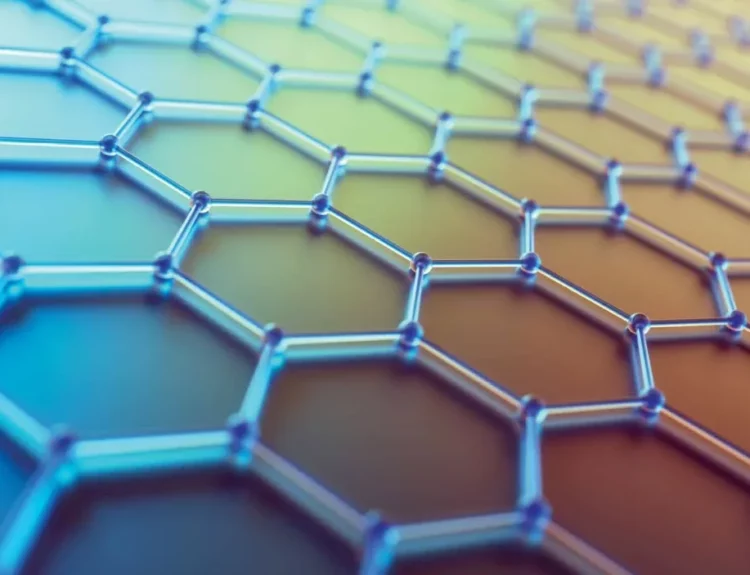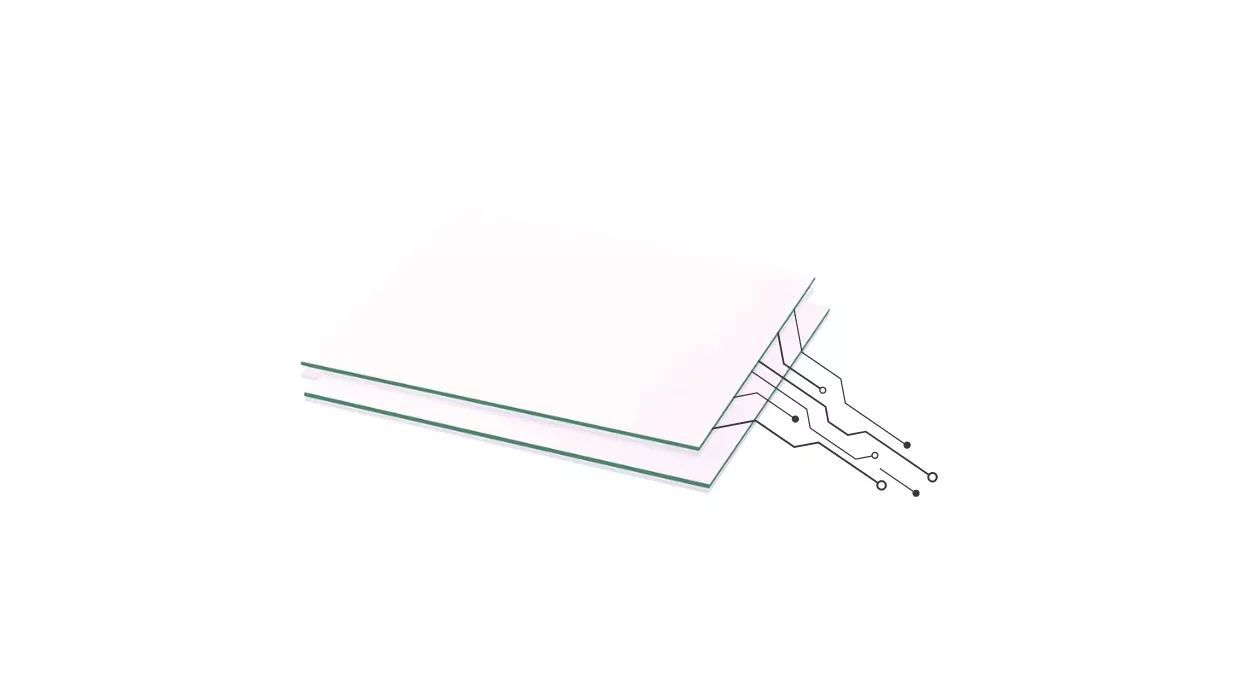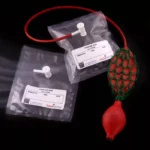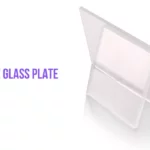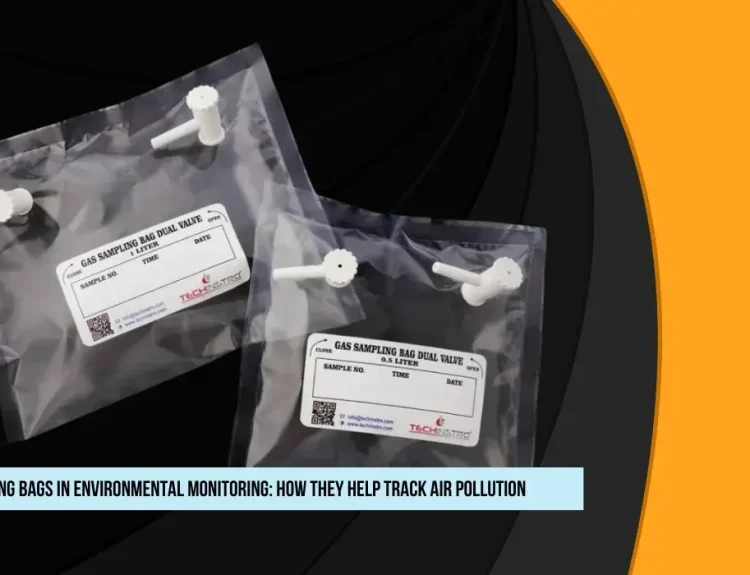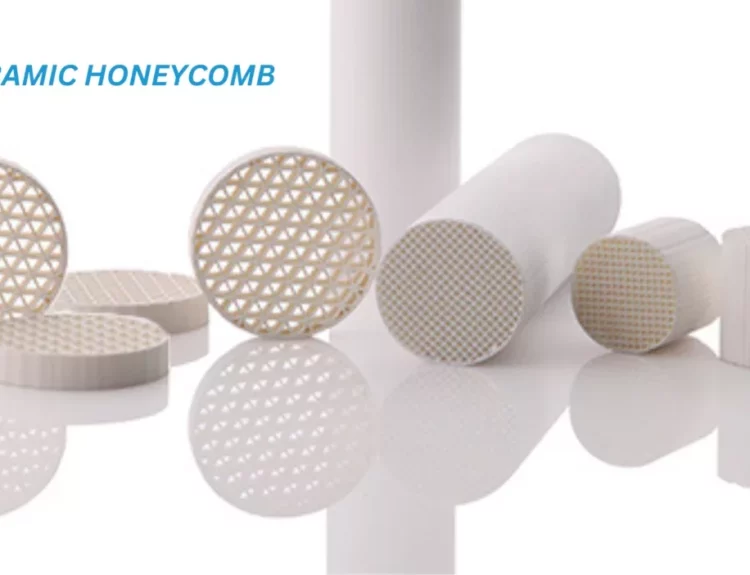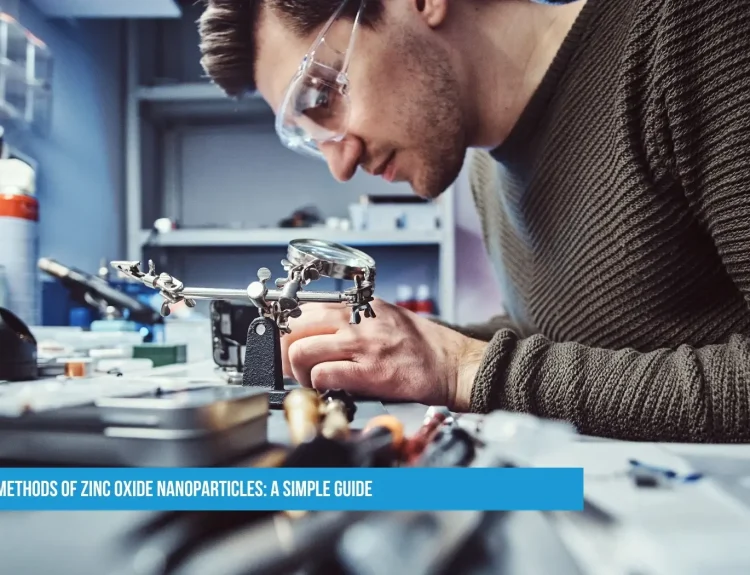FTO (Fluorine-Doped Tin Oxide) glass is a particular type of material that combines transparency with electrical conductivity. This makes it incredibly useful in research labs, where scientists need materials to conduct electricity while allowing light to pass through. FTO glass is widely used in solar energy, electronics, and chemical reaction experiments. Let’s take a closer look at how this material is being used in research labs.
Solar Cell Research
One of the most common uses of FTO glass in research labs is the study and development of solar cells. Solar cells, also called photovoltaic cells, convert sunlight into electricity. FTO glass acts as a transparent electrode in these cells. Since it allows light to pass through, the sunlight can reach the active layers inside the solar cell, where energy is generated.
In research labs, scientists use FTO glass to create and test new types of solar cells, such as dye-sensitized solar cells (DSSCs) and perovskite solar cells. These materials need a transparent conductive layer to work effectively, and FTO glass provides the perfect balance of conductivity and transparency.
Electrochemical Experiments
FTO glass is also widely used in electrochemical research. Electrochemistry is the study of chemical reactions that involve electricity. In experiments, FTO glass is often used as a working electrode, meaning it’s a surface where chemical reactions occur while current flows through it.
For example, researchers might use FTO glass to study how certain materials, like graphene or nanomaterials, interact with electricity. Since FTO glass is transparent, scientists can observe these reactions with special instruments like microscopes or spectrometers.
Thin Film Deposition
In research labs, FTO glass is used as a substrate for thin film deposition. A substrate is a surface where materials are applied or grown, and FTO glass is a good base for this purpose. Scientists often deposit thin layers of materials like metals, semiconductors, or polymers onto FTO glass to study their properties.
Thin films are essential in electronics, sensors, and energy storage devices. Researchers use FTO glass to test new materials and understand how they behave when applied in ultra-thin layers. The transparency of FTO glass also allows them to measure optical properties, such as how the film interacts with light.
Sensors and Biosensors
FTO glass is sometimes used in the development of sensors and biosensors. These devices detect changes in the environment, like temperature, light, or the presence of certain chemicals. FTO glass can be modified with special biosensor coatings to detect biological molecules like proteins or DNA.
In research labs, scientists use FTO glass to test new sensor technologies. For example, they might apply a thin layer of a sensing material to the surface of the FTO glass and measure how it reacts to certain chemicals or biological agents. The combination of transparency and conductivity makes FTO glass ideal for this type of work.
Photoelectrochemical Cells
FTO glass is also a key component in photoelectrochemical (PEC) cells, devices that use light to drive chemical reactions. These cells split water into hydrogen and oxygen or convert carbon dioxide into fuels. The transparent conductive layer provided by FTO glass helps these reactions occur efficiently.
PEC cells are being studied in research labs as potential solutions for producing clean energy. FTO glass is often used in experiments to test different materials and designs for these cells, helping scientists find more efficient ways to use sunlight for chemical reactions.
Best FTO Coated Glass Suppliers for Researchers
Conclusion
FTO glass is a valuable tool in research labs, especially in fields like solar energy, electrochemistry, and thin film technology. Its unique ability to conduct electricity while remaining transparent makes it ideal for experiments that involve light and electricity. From developing new solar cells to studying chemical reactions, FTO glass is essential in advancing research and innovation in many scientific fields.
In short, FTO glass is a crucial material that helps scientists explore new technologies and improve existing ones in labs worldwide.
